Many people know that drinking Congee can nourish the stomach, but this is not absolute. Some patients with stomach diseases not only have no benefit from drinking Congee, but also aggravate the disease. What foods are good for nourishing the stomach? What foods should not be eaten to nourish the stomach? Let's learn about it together below.
Drink Congee to nourish your stomach? Eating the three stomach nourishing foods indiscriminately is more harmful to the stomach
Congee, noodles and milk are all traditional stomach nourishing foods, but if you don't pay attention to taboos and eat casually, be careful to harm the stomach!
Congee
Congee is a kind of liquid food. It is soft and easy to digest, which can reduce the burden of gastrointestinal tract. In theory, it is a good stomach nourishing food.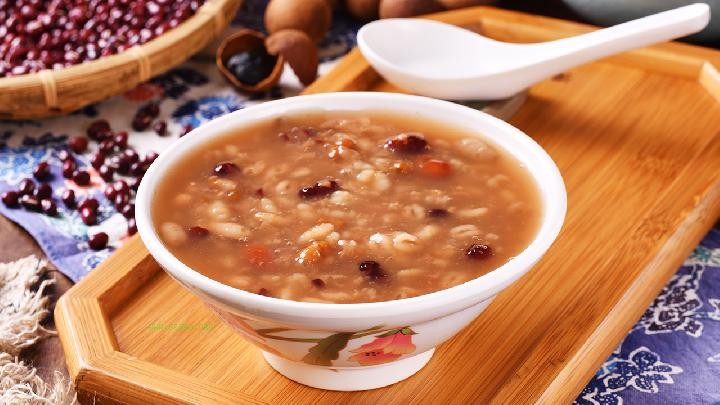 However, experts say that not all patients with stomach diseases are suitable for Congee. For example, patients with gastroesophageal reflux disease are not suitable for Congee. This is because Congee is relatively thin, and the patient is likely to cause reflux after drinking it, which will cause gastric pantothenic acid and aggravate the condition. This type of patient is not recommended to consume too much liquid food. They are suitable for eating semi liquid or semi-solid foods.
However, experts say that not all patients with stomach diseases are suitable for Congee. For example, patients with gastroesophageal reflux disease are not suitable for Congee. This is because Congee is relatively thin, and the patient is likely to cause reflux after drinking it, which will cause gastric pantothenic acid and aggravate the condition. This type of patient is not recommended to consume too much liquid food. They are suitable for eating semi liquid or semi-solid foods.
Noodles
There is some truth to the saying that if you have a bad stomach, you should eat noodles. Because noodles are generally easier to digest, especially for patients with excessive stomach acid, eating more noodles can not only help the stomach digest better, but also have a therapeutic effect because the alkali in noodles can neutralize excessive stomach acid. Although noodles are more nourishing to the stomach, attention should also be paid to the softness and texture of the noodles, as well as the cooking method. For example, soft noodles, Mantou, etc. are less irritating to the stomach than hard noodles, pancakes, etc., especially for patients with chronic gastritis and gastric ulcer. In normal life, they should avoid stimulating the gastrointestinal tract, and should not eat too hard, too cold, spicy, and greasy food. Such patients are suitable for eating foods such as noodles, dragon whisker noodles, etc.
Milk
Milk can dilute stomach acid, so it is often considered a very suitable food for nourishing the stomach. Jia Kai said that compared to other foods, milk does indeed have relatively less stimulation on the stomach. Although some claims suggest that milk can neutralize stomach acid and form a protective film on the surface of the stomach, in reality, excessive and frequent intake of milk can increase the secretion of stomach acid.
Milk is edible for patients with stomach problems, but it should be consumed in moderation. It is advisable for everyone to consume 300 grams of milk and dairy products per day. For breakfast or one hour before going to bed at night, have a glass of milk (200-250 milliliters), and for lunch, have a small cup of yogurt (100-125 milliliters). Do not use milk as a means of treating stomach problems. Patients with acute gastritis or stomach diseases in the acute phase are not recommended to drink milk, as it can cause discomfort such as bloating. In addition, patients with lactose intolerance are prone to diarrhea after drinking milk and are not suitable for drinking milk. These patients can use yogurt, cheese, and other alternatives to milk.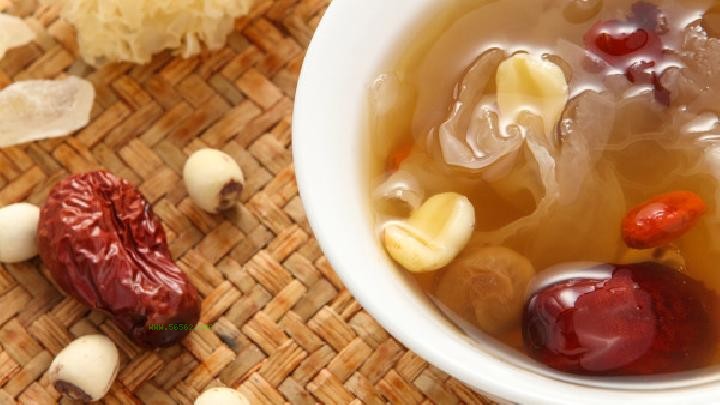 People who nourish their stomach should avoid eating these foods.
People who nourish their stomach should avoid eating these foods.
People who nourish their stomach should also eat less foods that stimulate the stomach, such as hawthorn and persimmons. Hawthorn
Hawthorn is rich in flavonoids and a large amount of vitamins, which can enhance the body's immunity. It is also a good medicine for stimulating appetite, reducing digestion, and enhancing digestive function. Faced with this appetizing fruit, many people find it difficult to resist the temptation and unknowingly eat a lot. But experts believe that people with poor spleen and stomach should eat less hawthorn, as overeating hawthorn may also lead to stomach stones.
Due to the high content of pectin and tannic acid in hawthorn, it is easy to coagulate into insoluble precipitates upon contact with stomach acid, which can form gastric stones by sticking to food residues. Stones can cause gastric ulcers, gastric bleeding, and even necrosis and perforation of the gastric wall. Patients with excessive stomach acid, gastritis, gastric ulcers, reflux gastritis, and reflux esophagitis are also not suitable for drinking hawthorn tea.
Fresh jujubes
Eating jujubes has many benefits, not only can it nourish blood, lower blood pressure, but it can also enhance the body's immune system. But such delicious food should not be eaten too much. The moisture content of most fruits is very high, about 80% -90%, while the moisture content of fresh jujubes significantly lags behind all fruits, accounting for only 67%, and the dietary fiber content is significantly higher than other fruits. The low moisture content and high dietary fiber make it difficult for fresh jujubes to be digested in the stomach. Most of the dietary fiber in fresh jujube is found in the jujube skin, which is thin and hard after chewing, with sharp edges that can easily harm the stomach. If your stomach mucosa happens to have inflammation or ulcers, consuming fresh jujubes will exacerbate pain and discomfort. Persimmons have high nutritional value, rich in various nutrients and vitamins, and can also clear heat, detoxify, lower blood pressure, and stop bleeding. But although persimmons are good, they should not be eaten too much, especially for patients with stomach diseases. This is because persimmons contain a high amount of tannic acid and pectin, which can form hard lumps of varying sizes under the action of stomach acid on an empty stomach. If these hard lumps cannot reach the small intestine through the pylorus, they will remain in the stomach and form gastric persimmon stones.
It should be noted that persimmon skins are also not edible. The majority of tannic acid in persimmons is concentrated in the skin. When persimmons become astringent, it is impossible to completely remove all the tannic acid. Eating them together with the skin can easily form stomach persimmon stones.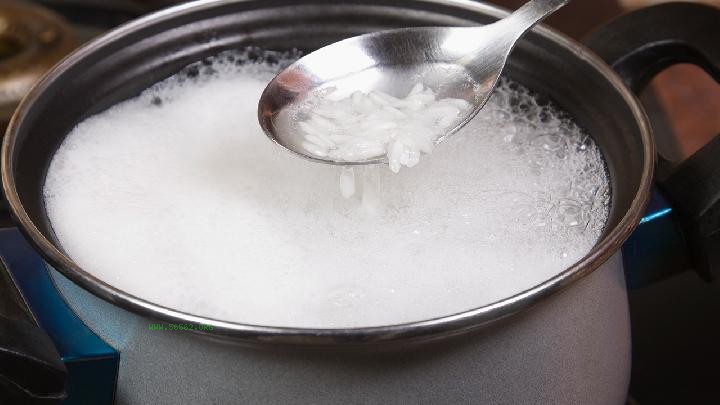 Coffee
Coffee
Coffee can stimulate the stomach, causing it to secrete excessive stomach acid, leading to indigestion and pantothenic acid. Especially people with stomach ulcers and heartburn symptoms should drink less coffee. Caffeine containing beverages should also be consumed in moderation.
Broccoli
Broccoli contains a high amount of soluble dietary fiber. This type of fiber can only be broken down in the large intestine and produce a large amount of gas. Meanwhile, broccoli also contains gas producing sugars similar to those found in legumes.
Tomatoes
Tomatoes have a high acidity and may stimulate the stomach to produce more stomach acid. Therefore, eating too many tomatoes can lead to symptoms such as pantothenic acid and heartburn. The same goes for tomato sauce made from tomatoes. To have a good stomach, it's best to stay away from the above-mentioned foods!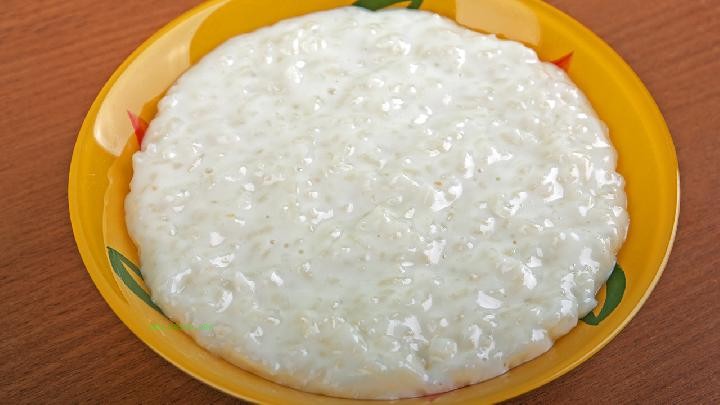
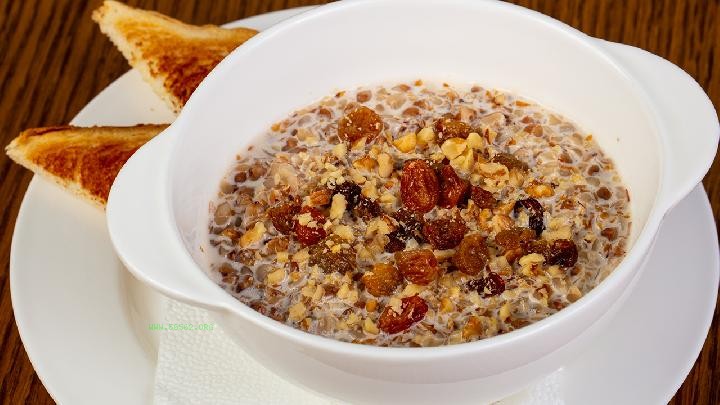

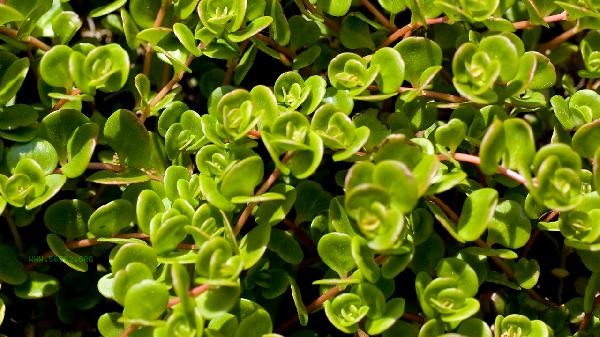


Comments (0)
Leave a Comment
No comments yet
Be the first to share your thoughts!